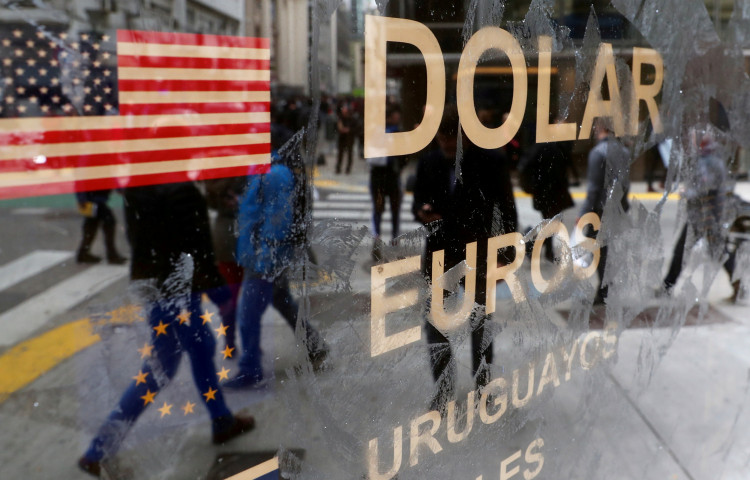Nomura Holdings Inc. released a new analysis listing the seven emerging markets where there are grave concerns on whether their central bank has sustainable foreign exchange reserves to uphold the country's fixed exchange rate.
The emerging markets identified to be at risk of the exchange rate crisis are Sri Lanka, South Africa, Argentina, Pakistan, Egypt, Turkey, and Ukraine. Of particular concerns are South Africa and Pakistan since the remaining five is already in a currency crisis program run by the International Monetary Fund.
On the other hand, the report also outlines eight countries at less risk of a currency crisis. These nations are Brazil, Bulgaria, Indonesia, Kazakhstan, Peru, Philippines, Russia, and Thailand.
In their prediction, Nomura looked into the economies' import cover, short-term external debt over exports, exchange rate reserves over short-term external debt, broad money over exchange rate reserves, and their real short-term interest rate.
Economists with the financial holding company also predict that the fourth quarter of 2018 will see worldwide financial conditions shifting from being "loose" to "tight" for the first time since the Great Financial Crisis of 2007-2008. Economists with Nomura examined the financial outlook across emerging economies because investors have actively spent their resources on these markets for the last ten years. In fact, the top 500 asset management firms in the world, which have bloated in the same size of the world's GDP, have invested heavily in emerging markets.
With these expenditures, Nomura believes it is of big significance to assess what could happen if these firms decided to pull out en-masse. Would the impact be isolated within the emerging markets or would it creep into the already developed economies?
Nomura warns that different factors have different impacts on these markets. For example, higher oil prices would open a good investment opportunity in Russia, Saudi Arabia, Russia, Nigeria, Ecuador and Columbia which are all oil exporters. On the other hand, the oil price hike affects the rest of the emerging markets negatively as they are primarily oil importers. Ultimately, Nomura recommends for investors to focus more on risks and never consider all emerging markets as one homogenous group.
Indeed, a separate report from Bank of America Merrill Lynch predicts that if any currency weakness in emerging markets escalates into a global crisis, Europe may found itself at the epicenter of the financial chaos.
Strategist Tommy Ricketts said that if the emerging market crisis takes the form of a global and cross-asset condition, the stress will primarily become felt in Europe before creeping into the United States.
The Great Financial Crisis of 2007-2008 began with a mortgage market crisis in the United States. It developed in a full-blown international banking crisis after the Lehman Brothers filed for bankruptcy which is still being touted at present as the largest in history. The financial crisis becomes global in scope and had come to be known as the Great Recession of 2008.





